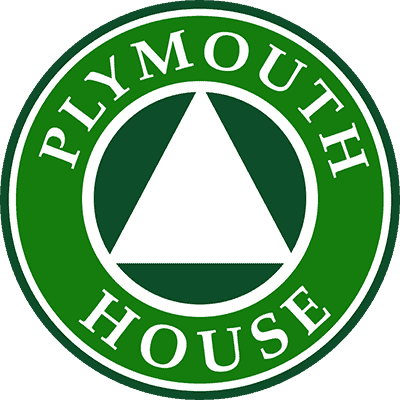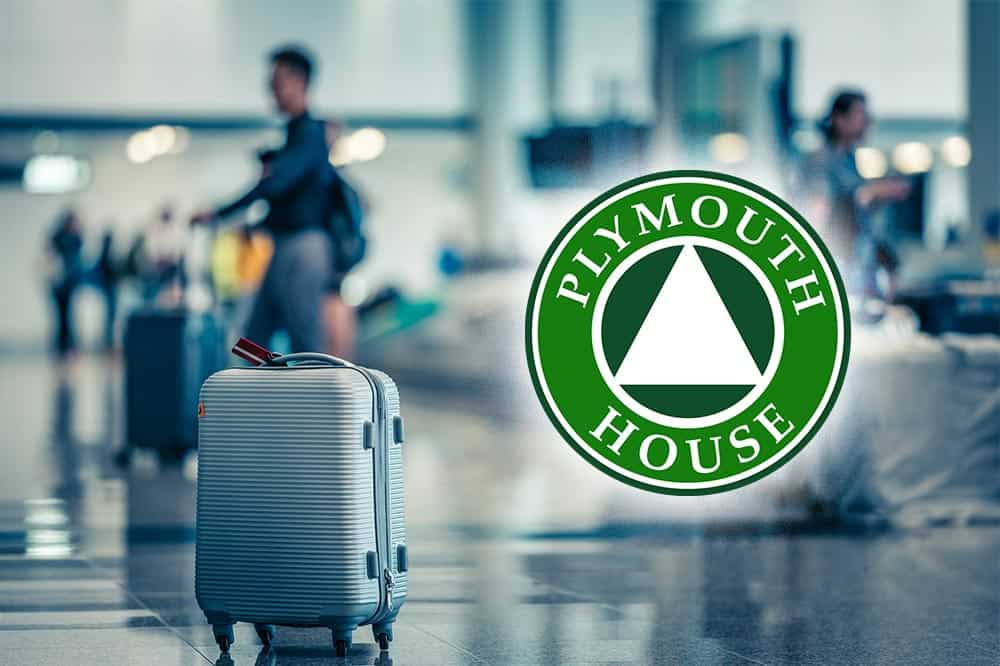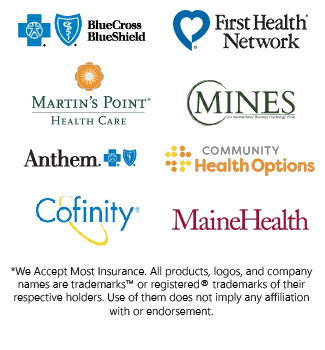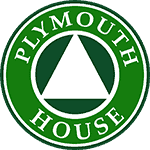Risky Careers
Addiction in the Restaurant Industry
Addiction in the Restaurant Industry
The restaurant industry has the potential to be extremely high-stress. Working long hours, often without an adequate meal break, dealing with angry customers, covering unwanted shifts and at the end of the day barely scraping by; the service industry can be tiresome and thankless. In the midst of COVID-19 aftermath, people working in the restaurant industry are under even more stress. Restaurant owners are having a difficult time finding staff members and as a result the job has become even more demanding. Rates of substance abuse have always been high in the restaurant industry; according to an article published by the American Medical Association, rates of substance abuse in the restaurant industry have escalated since the COVID-19 pandemic began.
At The Plymouth House we understand how difficult it can be to step away from the hustle and bustle of day-to-day life and take an honest look at your own mental and emotional well-being. If you have been working in the restaurant industry for an extended period of time you might have put your own health on the back-burner in order to show up to your shifts, get the job done and keep food on the table. If you or someone you love has been working in the restaurant industry and struggling with addiction, we are available to help. We have developed an effective addiction treatment program that caters to people in all professions and of all walks of life. To learn more about our recovery program, contact us today.
Facts & Statistics
Addiction in the Restaurant Industry
Addiction in the Restaurant Industry
Addiction in the restaurant industry is very common. A study published by the Substance Abuse and Mental Health Services Administration in 2015 found that people working in food services have the third highest rate of substance abuse of any other profession. The only professions with higher rates of substance abuse are mining and construction. The same study found that 19.1 percent of all industry employees reported using illicit drugs at least once in the past month, and 12.1 percent of restaurant managers admitted to illicit drugs within the same time period.
In addition to illicit drug use, alcohol abuse is extremely prevalent among restaurant workers. A 2008 study conducted by the George Washington University Medical Center states that 15 percent of all employees in the restaurant industry suffer from a diagnosable alcohol use disorder. According to a 2019 study published in the International Journal of Hospitality Management, two premises have emerged from ongoing research relating to alcohol abuse and the service industry. In some cases, alcohol use preceded work stressors. In other cases, alcohol was used as a means of self-medication. It is true that some are drawn to the restaurant industry because they know substance abuse is so common, and they might be dealing with a preexisting substance abuse disorder they are unwilling to address. Regardless of how and when your substance abuse disorder developed, there is help available.
We Are Here For You
Let Us Help You Heal
Our Drug & Alcohol recovery services are second to none.
Learn how we can help by speaking with one of our Treatment Advisors today.
Contributing Factors
There are many factors that might contribute to the high rates of substance abuse in the restaurant industry. These factors include:
- Drugs and alcohol tend to be readily accessible – Most restaurants serve alcohol, and drinking after a shift at the restaurant bar is common practice. For some, drinking during the shift is common practice. Recreational drug use is common among kitchen workers and servers alike. Additionally, large crews of employees mean that the chances of at least one person abusing substances at work is high.
- The restaurant industry can be incredibly high-stress – Not only does this industry lend itself to an extremely fast-paced and physically demanding environment, but working hard to keep customers happy can be mentally and emotionally exhausting.
- Working late hours leads to more late night socializing – Where do people socialize past 10 p.m. at night? At the bar, of course. Many towns have local bars that host industry nights, offering alcohol specials to restaurant employees getting off of late shifts. Post-shift drinks seem to be the cultural norm for those working in the industry, and peer pressure from coworkers only exacerbates the issue.
- Restaurant workers often live paycheck-to-paycheck – Unfortunately, people working in this industry are often replaceable, and because hiring on a new server is as easy as holding an open interview, many employers do not take care of their employees; financially or otherwise. Barely scraping by financially can lead to feelings of hopelessness about the future, which can in turn lead to depression. Depression is another risk factor for substance abuse and dependence.
- Restaurant workers often work for little pay and without benefits – Many restaurant workers have a difficult time making ends meet. An article published by the Economic Policy Institute states that the median hourly wage for restaurant workers (including tips) in 2014 was $10/hour. Only about 14 percent of restaurant workers receive any kind of benefits from their employer. Not only is the industry stressful, but the pay-off can be minimal.
- Some restaurant industry workers might use chemical substances to enhance their performance – It can be difficult to work a “double” (a morning shift and a night shift) and stay alert, focused and sociable. Some restaurant workers use stimulant drugs like prescription stimulants, cocaine or methamphetamine to help them stay awake for long hours.
Our Drug & Alcohol Treatment Services Include
How Do I Know if I Need Treatment?
Substance abuse in the workplace compromises productivity, leads to higher healthcare costs, increases absenteeism and costs U.S. employers billions of dollars annually. On a more personal level, grappling with an addictive disorder while working full-time can be mentally, emotionally and physically devastating. How do you know if professional treatment has become necessary?

Professional addiction treatment is a good idea if:
- You have tried to cut back on the amount of substances you use regularly but have found yourself unable to do so for any extended period of time.
- You have experienced a range of consequences as a direct result of your substance use, including problems in the workplace, interpersonal problems, legal issues and financial repercussions.
- You frequently show up to work intoxicated or hungover.
- You frequently skip your scheduled shifts or show up late because you are recovering from substance use, actively using or attempting to obtain your substance of choice.
- You use your substance of choice while you are at work.
- You have developed a physical tolerance, meaning you need more of the substance in order for the desired effects to be produced.
- You experience withdrawal symptoms when you attempt to quit cold turkey.
Ready To Begin Your Drug & Alcohol Treatment?
We Offer A Safe & Effective Program
Don’t let Drug & Alcohol addiction control your life.
Call us today and let’s get you started on the path to a better you.
The Plymouth House & Vocational Training
Life skills are the vital skills that allow an individual to face every day confidently, manage their own affairs, be self-supporting and a productive member of society. These skills could be occupational, vocational, physical, relational or emotional in nature. They are essentially what make us mature adults. They are the skills, however, that completely deteriorate during active addiction. At The Plymouth House we offer life skills training services with a focus on vocational training and placement. If you are currently working in the food service industry and you feel that continuing on in this industry is going to compromise your sobriety, we will help you find an occupation that better serves you and your recovery.
Begin Healing Now!
Have A Call With One Of Our Treatment Advisors
Don’t Suffer Any Longer
Find Hope Today
When you or your loved one is ready for help, The Plymouth House is available to walk you through every step of the process. Our admissions process is simple and straightforward and can be completed in as little as 15 minutes. We will provide a complimentary addiction assessment over the phone to help our clinical team determine which treatment options are right for you. Once the assessment is complete we provide a free, no obligation insurance benefit check and help coordinate local travel to our facility. All you or your loved one has to do is ask for help. We will take care of the rest. For more information on our recovery program, contact us today.
Get Started Now
Give us a call 24/7
(888) 693-1927


Reviewed for accuracy by:
Russell Beebe MLADC, LCMHC
Russell is a Master Level Alcohol and Drug Counselor (MLADC) and Licensed Clinical Mental Health Counselor (LCMHC) with over 11 years experience treating individuals with substance use and co-occurring disorders. Russell was inspired to get into the field after his experience as a resident at The Plymouth House in 2008.




















